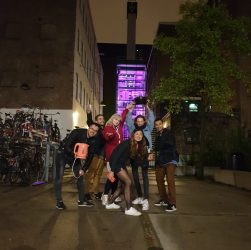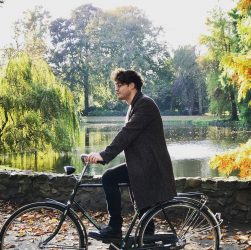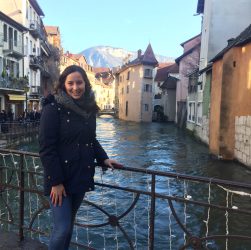Pre departure: Initially, I wasn’t convinced I would be going to Amsterdam, the Netherlands to study towards an LLM (Master’s …


Pre departure: Initially, I wasn’t convinced I would be going to Amsterdam, the Netherlands to study towards an LLM (Master’s …

Pre-departure: While it may – for a long time – seem as though your departure date for the Law Exchange …

Pre-departure: I chose to go to EBS Universität situated in Wiesbaden in Germany. The city is located close to Frankfurt, …